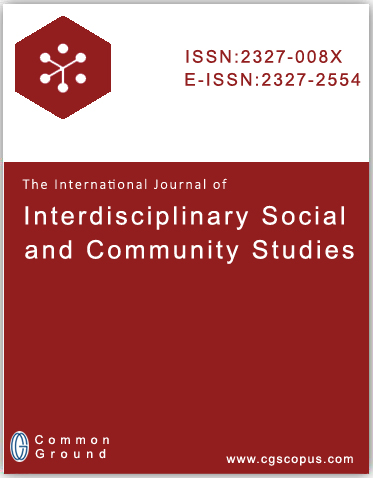CONTESTING HEGEMONIC GENDER NORMS: A CRITICAL ANALYSIS OF SENSITIZATION DISCOURSES WITHIN INDIAN LEGAL FRAMEWORKS
DOI:
https://doi.org/10.18848/37s6tq34Abstract
While the language of sensitization has become ubiquitous across judicial pronouncements, police training manuals, and institutional policies, its deployment often remains anchored in paternalistic and heteronormative assumptions. This research delves into epistemic and structural dimensions of gender sensitization within Indian legal frameworks, situating it as a contested site where hegemonic gender norms are both reproduced and resisted. Drawing on feminist legal theory, postcolonial critique, and queer jurisprudence, this research argues that sensitization discourses tend to reinscribe the very hierarchies they purport to dismantle, mobilizing “protection” and “awareness” as disciplinary rather than emancipatory tools. Through a critical reading of key rulings, policy texts, and sensitization curricula, the analysis exposes the gendered rationalities that structure legal subjectivity and institutional governance in India. It contends that the juridical imagination of sensitivity frequently conflates empathy with moralism, thereby marginalizing subaltern and queer voices under the veneer of reform. This research further explores how feminist and queer interventions have attempted to reconfigure sensitization from a bureaucratic exercise into a transformative praxis grounded in agency, accountability, and intersectionality. Hence, it calls for a rearticulation of sensitization as a project of epistemic justice, one that destabilizes the masculinist foundations of law and reclaims affect as a legitimate site of legal knowledge. In doing so, this research contributes to broader debates on decolonizing legal pedagogy and envisioning a more reflexive, inclusive, and structurally engaged mode of gender justice within the Indian legal order.










